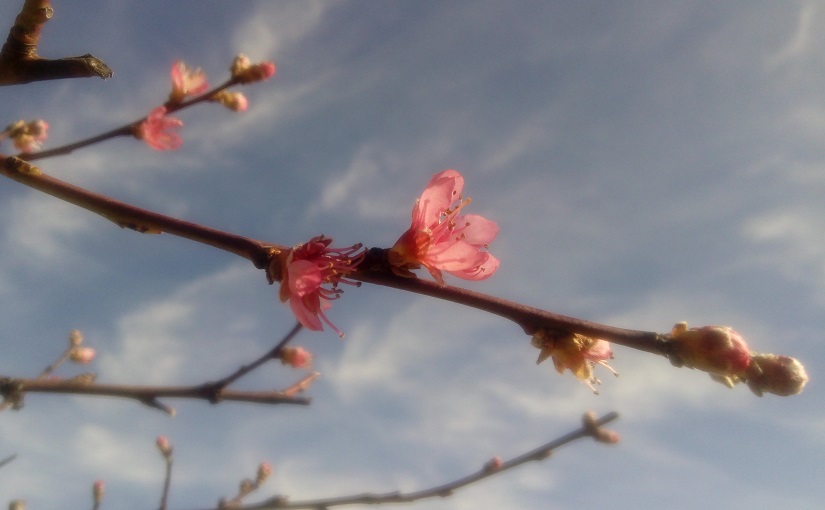Isn’t nature quite simply incredible? All the innate intelligence and breath-taking beauty of its forms, formulations, colours, patterns and behaviours. The world’s offering this impressive picture of harmonious integration that, unfortunately, stands in fairly harsh contrast to our own way of being. Why is it we find such balance so difficult to achieve? Let alone the beauty.
It just seems truly amazing how much diversity, colour and innovation exists out there: the intense or subtle shades found in plants; the complex structures and gestures as each specimen charts its path to fruition; the strange, unspoken wisdom of creatures coexisting in seemingly perfect self-regulation. Being surrounded by such creativity is pretty astounding, really (Notes One).
It’s almost too easy to discount it all. To dissect, intervene, and gain all the knowledge we’d like without too much thought for what’s going on without our involvement. Nature’s beavering away at these blossoms with depths of colours we couldn’t imagine and animals with secret, interconnected lives we’re barely aware of. Beyond that, there’s the fact it’s cosmic realities and rhythms bringing it all to life.
Being encompassed, held, supported by living systems that aren’t only aesthetically but also scientifically valuable seems such an incredible place to call home. Nature’s formulas can help us treat diseases; develop materials that perfectly marry form and function; and feel humbled by all the lifeforms containing more effortless perfection than we can currently manage.
Doesn’t nature offer us – among many essential things – a wonderful example of how to live? It achieves this self-sustaining balance between its parts that’s not only highly productive but also too magnificent for words. Isn’t beauty all around us? In the weeds growing up through the sidewalks; the birds living out their dramas above our heads; the whales swimming deep through the oceans.
We might, quite casually, label this as “nature” and get on with our lives, but sometimes it seems so important to step back a little and see it for what it is. Aren’t we completely dependent on this? So much of our food, shelter, resources, comfort, and inspiration comes from nature – from the lapping waters, stately mountains, silent forests, streaming sunlight, and exquisite beauty of whatever flower’s blossoming on any given day.
All this goes into sustaining human existence; and, while we’re not the ones directing it, it’s nevertheless the foundation on which civilisations were built. Haven’t we generally drifted towards good access routes, reliable water sources, or the abundant raw materials we industriously turn to our advantage? Haven’t our lives, throughout all time, been constructed around and shaped by nature’s realities?
Is it foolish – childlike – to see things that way? To see life as a beautiful complexity that’s hard for the mind to grasp or ego to settle within. To view our position as both powerless and precarious: the humility of dependence and hubris of attempting to master it for ourselves (Notes Two). As if nature’s this amazing gift we’re still struggling to understand, relate to, and work alongside more respectfully.
Notes and References:
Note 1: Living as a form of art
Note 1: Aesthetic value of nature
Note 1: Nature tells a story, about the planet
Note 1: Humanity & creative instincts
Note 1: The real value of creativity?
Note 2: Nature speaks in many ways, do we listen?
Note 2: Having a sense for being alive
Note 2: Things with life have to be maintained
Note 2: Detaching from the world around us
Note 2: Intrinsic value of nature

